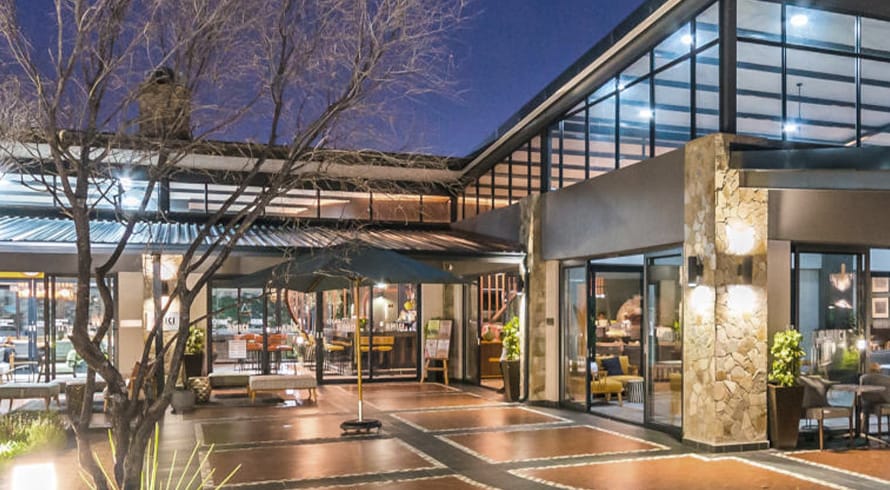To arbitrate, or not to arbitrate: That is the question - The development of jurisprudence in South Africa
Arbitration proceedings may be instituted for a range of disputes; the numbers for both commercial and contractual disputes being referred to arbitration having escalated in South Africa over the past number of years. The only disputes which may not be determined by way of arbitration proceedings are matters in respect of any matrimonial cause (or incidental thereto) and matters relating to status, for example sequestration or liquidation proceedings.
Once the decision has been made by the parties to resolve a matter by way of arbitration proceedings, courts are very reluctant to interfere with the process itself, and arbitration proceedings, both in South Africa and internationally, enjoy autonomy.
Once an award is obtained through arbitration proceedings, the arbitration award is required to be made an order of court for it to be enforceable (usually for execution purposes). For this to occur, an application for the award to be made an order of court is made to the appropriate High Court, in terms of Section 31(1) of the Arbitration Act, Act 42 of 1965.
During this application, the facts of the matter are not brought to the attention of the High Court in any detail as the basis for the determination is only whether the award was made in accordance with the requisite arbitration agreement and in accordance with the Arbitration Act. When the order of the High Court is delivered, the order is purely that the award (as a result of the arbitration proceedings) is made an order of court.
The arbitration award itself (whether made an order of court or not) does not form a legal precedent. Due to the fact that the legal fraternity and its clients are becoming more inclined to resolve matters by way of arbitration, especially for commercial and construction disputes, this begs the question whether this will stunt the development of jurisprudence in South Africa.
The doctrine of stare decisis (system of judicial precedent), which is relied upon in South African law, is founded on reported and unreported case law which has been delivered by courts of competent jurisdiction. Although the operation of the system of judicial precedent ensures uniformity amongst legal decisions – it also provides for significant development of our legal principles and jurisprudence as a whole.
The rise in arbitration proceedings, although providing a welcomed relief to the burden on the judicial court system, does not allow for the development of legal principles through the subject matter of a particular arbitration, the application of certain legal principles in respect thereof and the ultimate arbitration award itself.
The only way within which a dispute (which has been determined by way of arbitration proceedings) is referred to a court of competent jurisdiction, and therefore will indeed form part of legal precedent, is when an application is made for an arbitration award to be set aside. Due to the autonomy of arbitration proceedings, these grounds are very limited, namely: misconduct on the part of the arbitrator / arbitration tribunal, gross irregularity in respect of the arbitration proceedings and when an arbitration award has been improperly obtained.
The above limited scope in respect of arbitrations (should an application be made to the appropriate High Court) is the only way within which legal precedents will be formed on the back of an arbitration. The contemplation of the subject matter by the High Court in such an application will be very limited as the determination is procedural and not substantive. The legal precedent in this regard will also be procedurally based and not founded of the legal principles in which the facts were applied and decided upon in the original arbitration proceedings.
Due to the fact that our jurisprudence is ever evolving due to the constant development of our country as well as the principles founded in judgments handed down by our court system every day, the incline of dispute resolution which is steered away from the traditional court system, may affect the development of the judicial system itself in South Africa.
There is no doubt that arbitration proceedings result in many advantages, not only to the individuals who have elected the path of alternative dispute resolution, but also to our heavily burdened judicial system. Amidst the positives of arbitration proceedings, we must remember that these advantages may come at a cost to the development of the legal principles on which our law is based as well as South African jurisprudence as a whole. It is hoped that in time recognition will be given to arbitral awards and that they will be recognised as part of South Africa’s jurisprudence to the extent that the parties agree to the reporting of the arbitral award.
The information and material published on this website is provided for general purposes only and does not constitute legal advice. We make every effort to ensure that the content is updated regularly and to offer the most current and accurate information. Please consult one of our lawyers on any specific legal problem or matter. We accept no responsibility for any loss or damage, whether direct or consequential, which may arise from reliance on the information contained in these pages. Please refer to our full terms and conditions. Copyright © 2025 Cliffe Dekker Hofmeyr. All rights reserved. For permission to reproduce an article or publication, please contact us cliffedekkerhofmeyr@cdhlegal.com.
Subscribe
We support our clients’ strategic and operational needs by offering innovative, integrated and high quality thought leadership. To stay up to date on the latest legal developments that may potentially impact your business, subscribe to our alerts, seminar and webinar invitations.
Subscribe




